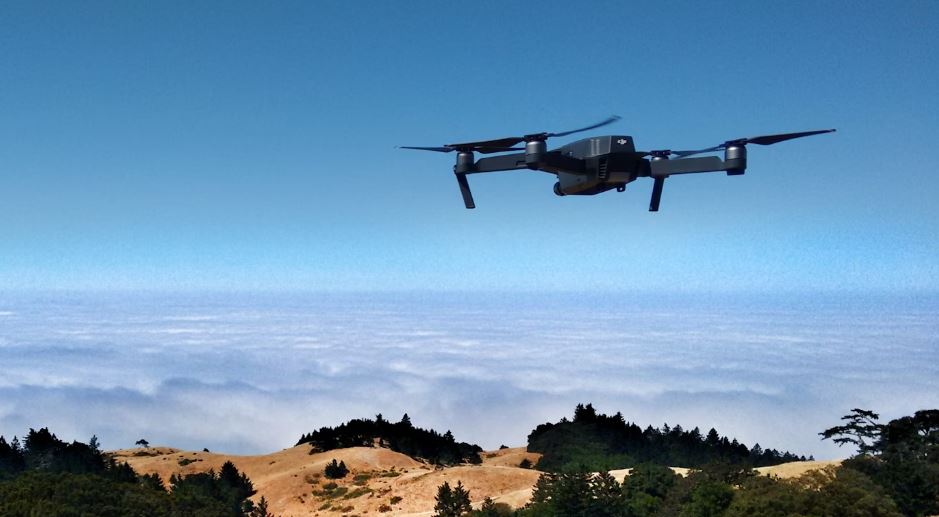
Skynet Unleashed: The Evolution of Artificial Intelligence in Military Operations
The concept of Skynet, as portrayed in the Terminator franchise, represents a dystopian vision of artificial intelligence (AI) gone awry, where a self-aware superintelligence launches a global nuclear war to exterminate humanity. While the fictional Skynet is a far cry from the current state of AI technology, there are parallels to be drawn with the use of AI in military and counterterrorism operations, particularly in the context of drone warfare.
In both the UK and Israel, AI-driven drone technology plays a significant role in identifying and targeting terrorist threats. However, it’s essential to distinguish between the capabilities of current AI systems and the fictional depiction of Skynet.
AI-powered drone warfare in the UK and Israel primarily involves the use of machine learning algorithms to analyze large volumes of data, including surveillance footage, satellite imagery, and intelligence reports, to identify potential terrorist targets. These algorithms are trained on labeled data sets to recognize patterns and anomalies associated with terrorist activity, allowing drones to autonomously detect and track suspicious individuals or objects in real-time.
Unlike Skynet, which exhibits self-awareness and autonomy, AI systems used in drone warfare are designed to operate within predefined parameters and under human supervision. While AI algorithms can make decisions autonomously based on the data they analyze, the final decision to engage a target ultimately rests with human operators who oversee and authorize drone missions.
Furthermore, AI-driven drone warfare is subject to strict legal and ethical frameworks governing the use of force and the protection of civilian lives. Both the UK and Israel adhere to international humanitarian law and human rights principles, which require military operations to minimize harm to civilians and distinguish between combatants and non-combatants.
In summary, while the use of AI in drone warfare raises legitimate concerns about the potential for autonomous weapons and the ethical implications of delegating lethal decision-making to machines, the current state of technology falls far short of the apocalyptic vision of Skynet. AI-driven drone warfare in the UK and Israel represents a complex intersection of technology, ethics, and national security, where human oversight and accountability remain paramount in guiding military operations and safeguarding against unintended consequences.

